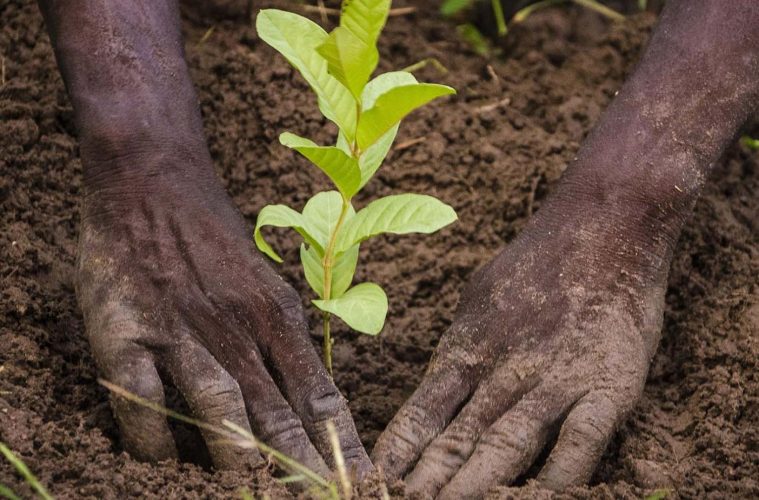Desertification remains a major challenge on the African continent, threatening agricultural productivity, profitability and food security for millions of people. In order to counter this phenomenon, several reforestation and agroforestry programmes have been implemented. In this sense, the most recent initiative is the Great Green Wall (GGW), a pan-African project launched in 2007 aimed at restoring at least 100 million hectares of degraded land by 2030.
According to the data available in 2024, significant progress has been made under the GGW. So far this year, more than 20 million hectares have been restored, representing 20% of the expected target. These efforts are supported in particular by significant international investments, including the renewed financial commitments at the One Planet Summit in March 2024, where an additional $14 billion was allocated for the period 2021-2025.
A notable recent development is the increase in national commitments. Indeed, several countries in sub-Saharan Africa have intensified their reforestation programs, including Senegal, Ethiopia and Nigeria. For example, Ethiopia launched a tree-planting campaign at the end of 2023 that planted more than 500 million trees in a single day, setting a world record.
The adoption of agroforestry practices also plays a crucial role. Innovative techniques, such as conservation agriculture and the use of local drought-tolerant tree species, are helping to strengthen the resilience of local ecosystems.
Studies indicate that agroforestry can potentially increase agricultural yields by 20 to 30% in drylands, and at the same time, improve soil fertility. Current reforestation and agroforestry programs in Africa highlight significant efforts to combat desertification. Through such promising commitments and optimal strategies, it is now possible to envisage a substantial improvement in African ecosystems and better food security in the years to come.
However, the need for sustainable financing, coordination between countries and the involvement of local communities are a sine qua non for the long-term success of such practices. Experts stress the importance of an integrative approach combining reforestation, water resources management and socio-economic development.




